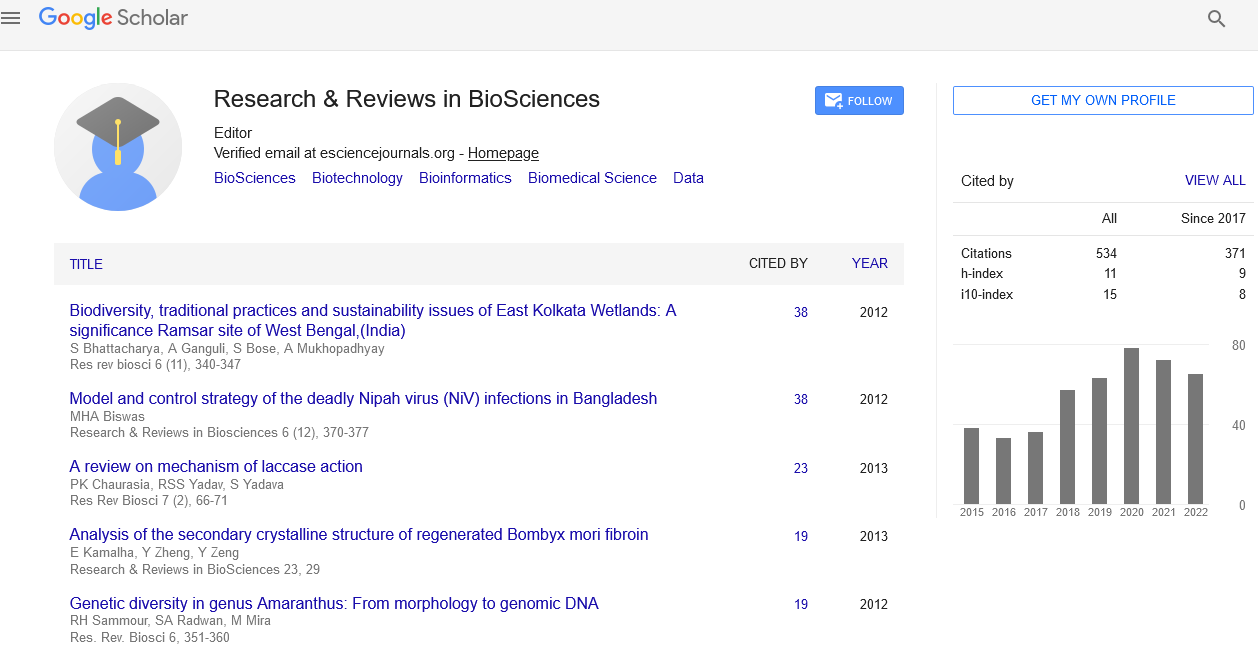Abstract
Biochemistry 2018: Pharmacological treatment of obesity
Author(s): Matthew LaneIn 2010, the prevalence of obesity in the United State was 36% among adults (76.3 million overweight and 89.4 million obese) and 17% among children and adolescents. For past 2 decades, obesity has increased globally reaching epidemic levels. Obesity is directly associated with metabolic diseases such as type-2 diabetes and other disorders like hypertension, dyslipidemia, coronary heart disease, stroke, osteoarthritis, depression and sleep apnea. Lifestyle management including healthy diet and increased physical activity is the fundamental approach to treat obesity. Clinical studies have shown that weight loss of 5-10% of initial body weight is sufficient to achieve medical benefits such as reduction of diabetes incidents and cardiovascular risks. However, achieving and maintaining a weight loss is difficult. More than 60% of adults fail to sustain 5% weight loss over the year and regain body weight. Therefore, pharmacological approach as adjunctive therapy to lifestyle change has been developed recently. The 2013 Guideline for Management of Obesity (USA) recommended consideration of pharmacological treatment for obese adults with BMI ≥30 kg/m2 and for overweight adults with BMI ≥27.0 kg/m2 when accompanied by comorbidities such as type-2 diabetes, hypertension or dyslipidemia. The current anti-obesity drugs reduce food intake by suppressing appetite, decrease absorption of fat or increase energy expenditure. FDA criteria to approve antiobesity drugs is a decrease in body weight ≥5% after 1 year of treatment compared to placebo control or if at least 35% of study participants lose ≥5% of their baseline body weight. Weight loss medication should result in significant improvements in blood pressure, lipids, glycaemia or other metabolic conditions. 5 medications for weight management have been approved in the USA (4 of them since 2012): Orlistat (Xenical, Alli), Lorcaserin (Belviq), Phentermine/Topiramate (Qsymia), Naltrexone/ Bupropion (Contrave) and Liraglutade (Saxenda). Pharmacological monotherapies primarily focus on a single protein target or pathway, whereas combination therapy approach appears to provide greater benefit. The Phentermine/Topiramate resulted in the best overall average weight loss from baseline as well as highest percentages of patients achieving both ≥5% and ≥10% weight loss. Lorcaserin showed the best tolerability and lowest rate of adverse events. The development of safe and effective weight loss drugs is still important. Preclinical studies have been completed for several therapeutic candidates and now they are under clinical investigation. Thus, additional novel drugs for weight loss are likely to come to the market in the next five years.
